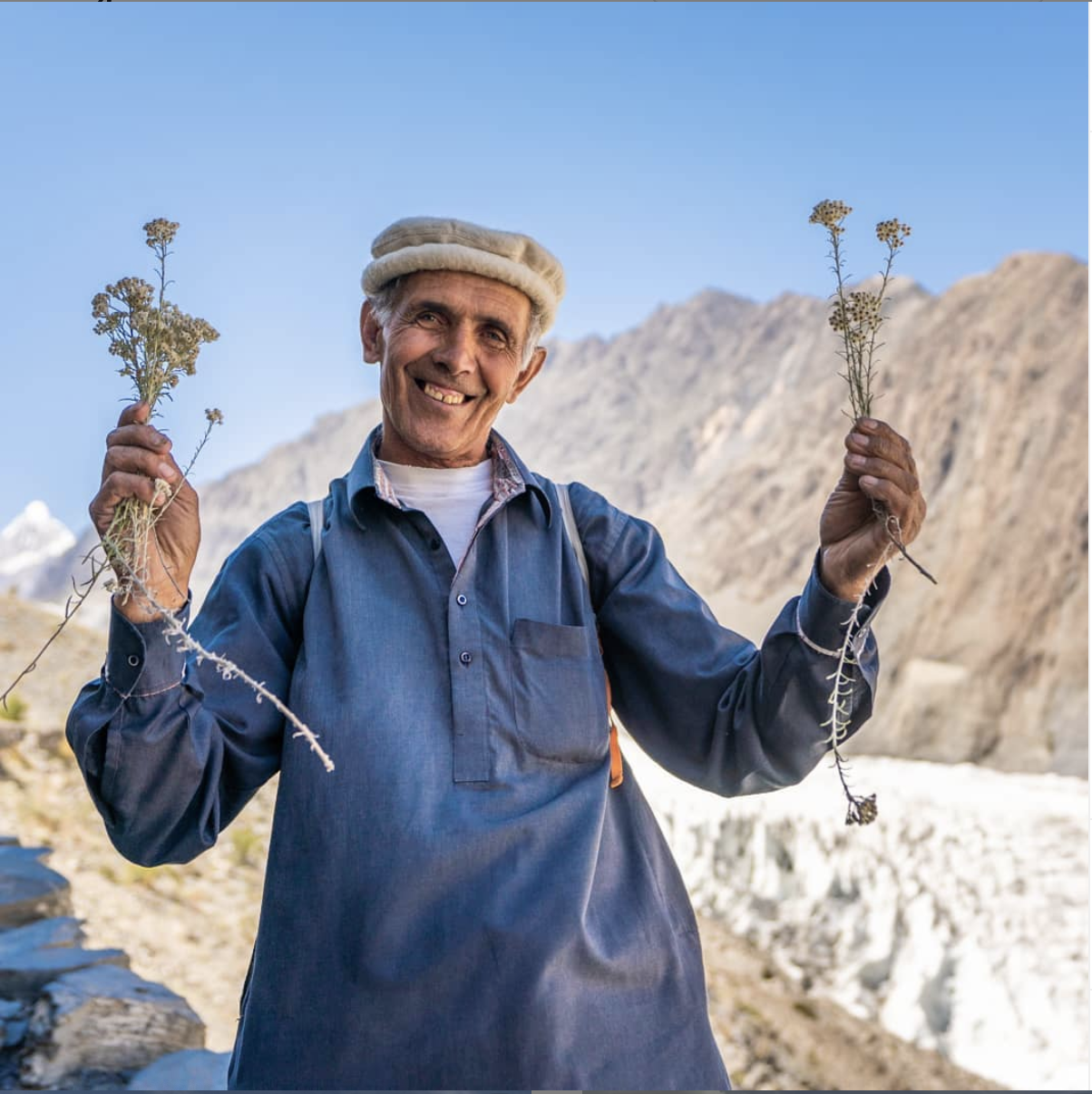RAWALPINDI: Pakistani startup Root Network is working to create a more sustainable tourism industry in Pakistan by encouraging responsible travel in the COVID-19 era, the companyŌĆÖs founders said, as authorities closed two dozen hotels in the countryŌĆÖs northwest after dozens of hotel employees tested positive for the coronavirus.
Pakistan opened almost all sectors of the economy, including tourism, earlier this month, after shutting them down in March to curb the spread of the coronavirus.
Thousands of people have since thronged to the countryŌĆÖs picturesque northwest, especially the mountainous Khyber Pakhtunkhwa province and Gilgit-Baltistan region, raising fears about new breakouts in remote areas.
ŌĆ£Restarting tourism in Pakistan is necessary for economic recovery, but precautions must be taken to ensure it is not at the expense of local communitiesŌĆÖ health and safety,ŌĆØ said Aneeqa Ali, co-founder of Root Network and founder of The Mad Hatters, a travel company that offers tours of Hunza and the greater Gilgil-Baltistan area.

A photo from the Instagram account of tour company Mad Hatters shared on July 26, 2020. (Photo courtesy: The Mad Hatters/Instagram)
Root Network, which says it has reached 80 percent of its financing needs through crowdfunding, was co-founded by a group of female travelers and development professionals last month over a shared belief in the importance of responsible travel.
The startupŌĆÖs aim is to create an equitable and inclusive tourism industry in Pakistan by increasing access to meaningful economic opportunities for local communities, promoting their culture and heritage, and advocating responsible travel practices.
In this regard, Root Network has devised training manuals that help local tour companies, operators and guides simplify and apply internationally recognized COVID standard operating procedures that locals can adopt. The group is educating hotel owners, tour guides and operators, and porters about measures they can realistically impose against the coronavirus, and emphasize the importance of changing tourism tactics in a COVID era.
ŌĆ£ItŌĆÖs more than just safety, itŌĆÖs also about economics and the motivation of bringing money back in through being an attractive destination to foreign travelers,ŌĆØ Ali said, talking about the vast tourism potential of PakistanŌĆÖs mountainous north. ŌĆ£We want them [local communities] to know that hygienic practices and the ability to provide safety specifically because of COVID is now going to become a hot demand of foreign travelers and they need to adapt to meet it.ŌĆØ

A tour guide from Passu, Hunza, with a tourist in Hunza on Aug. 4, 2019. (Photo courtesy: Root Network/Instagram)
The training has a number of incentives for local tourism beneficiaries, including that they will be paid for their time, provided with kits that include masks, sanitizers, pop up sanitizer stations, and thermometers, and are assigned local ambassadors who ensure guidelines are adhered to.
Laila Rajani, an anthropologist┬Āwho focuses on PakistanŌĆÖs Kalasha people who live in three remote valleys in north-west Pakistan and preserve an ancient way of life, including animizt beliefs, said adapting tourism to the COVID era necessitated working closely with local communities.
ŌĆ£My partners and I are very aware that we are outsiders and itŌĆÖs not easy for local communities or institutions to trust somebody who is coming in and telling them how to live,ŌĆØ Rajani said. ŌĆ£It was important to Root Network since the beginning to have strong partnerships with local organizations.ŌĆØ
Two such organizations include the Karimabad Area Development Organization and Aga Khan Rural Support Program, both of whom have strong ties to the area. Root Network is also collaborating with local NGOs, medical professionals, and tourist facilitators themselves.
Last year, Pakistan said it would loosen travel restrictions in the hope of reviving tourism by offering visas on arrival to visitors from 50 countries and electronic visas to 175 nationalities.
Those reforms, approved by the cabinet, were meant to open up a new era for the tourism industry, which was devastated by Islamist violence after the September 11, 2001, attacks in the United States.
But the coronavirus pandemic has disrupted the plans for the Pakistani government, as it has for administrations around the world. Global tourism revenues are expected to fall by up to $3.3 trillion due to COVID-19 restrictions, with the United States standing to lose the most, the United Nations said last month.
ŌĆ£Our plan is to use this initiative to see and spread something to begin a long term relationship that would allow for sustained support down the road,ŌĆØ Root Network co-founder Turfah Tabish said.
ŌĆ£The tourism sector of Pakistan has proven its resilience time and again, and survived through many difficult challenges,ŌĆØ Ali added. ŌĆ£Once it regains its foothold, it has the power to help spur economic activity that will bolster other industries as well. Thus, it is imperative that we provide tourism professionals with the right tools, resources, and relief packages to survive the pandemic and bounce back.ŌĆØ











